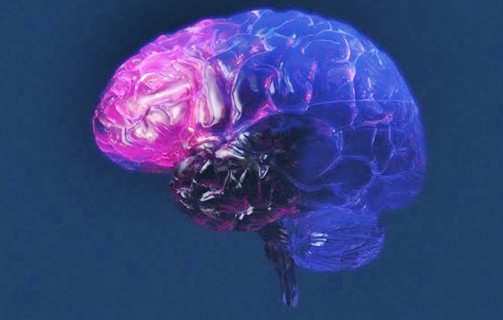
Researchers have created mini-brains from stem cells in order to find a drug that treats a rare neurological disorder. Researchers from the University of California, San Diego School of Medicine had their work published in the journal Molecular Psychiatry.
The neurological disorder in question is the MECP2 duplication syndrome. First identified in 2005, the disorder is caused by a duplication of genetic material in the X chromosome that affects the MECP2 gene. MECP2 duplication syndrome has a wide variety of symptoms including intellectual disability, respiratory infections, autistic-like behaviours, seizures and speech abnormalities.
The condition is almost exclusive to males, while a similar condition known as Rett (RTT) Syndrome primarily affects females. RTT is caused by MECP2 gene deletions. Both conditions are treated with drugs and surgeries.
Researchers took skin cells from patients with MECP2 duplication syndrome and converted them to Induced Pluripotent Stem Cells (iPSCs). The iPSCs were then prompted to differentiate into neurones — in effect, creating mini-brains from stem cells. The mini-brains could then be used to precisely test various drugs, much more accurately than could be achieved with animal testing.
Scientists also observed the behaviour of the neurones and noticed some interesting traits including an over-synchronisation of the neuronal networks. They discovered that a histone deacetylase inhibitor drug which was able to reverse MECP2 alterations while not harming other neurones. Researchers also discovered that the dosage used was crucial.
Lead researcher Alysson Muotri, PhD, said of the findings: “This work is encouraging for several reasons. First, this compound had never before been considered a therapeutic alternative for neurological disorders. Second, the speed in which we were able to do this. With mouse models, this work would likely have taken years and results would not necessarily be useful for humans.”
The findings highlight the potential of stem cells for helping to identify and cure diseases by replicating human tissue. The method also has the advantage of reducing or eliminating the need for animal testing.
Source: Stem Cell-derived “Mini-brains” Reveal Potential Drug Treatment for Rare Disorder
{{cta(‘3fe0aac7-7562-46dc-b8b9-c706d9cfd6b1’)}}
{{cta(‘fec594e9-5433-4350-9180-2bdd371eb399’)}}


